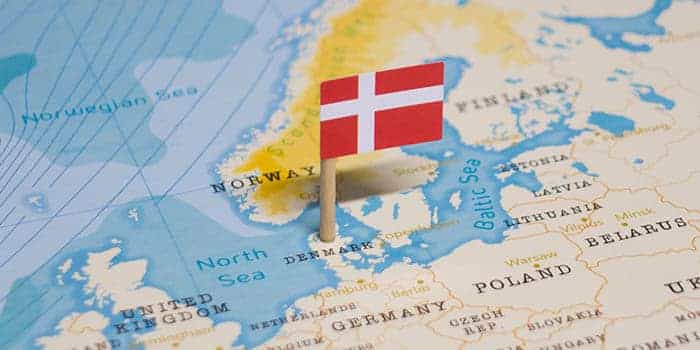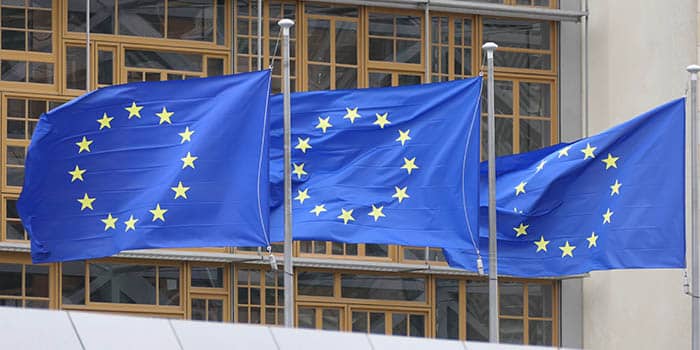- Casino
- By State
- Alabama
- Alaska
- Arizona
- Arkansas
- California
- Colorado
- Connecticut
- Delaware
- Georgia
- Florida
- Hawaii
- Idaho
- Illinois
- Indiana
- Iowa
- Kansas
- Kentucky
- Louisiana
- Maine
- Massachusetts
- Maryland
- Michigan
- Minnesota
- Mississippi
- Missouri
- Montana
- Nebraska
- Nevada
- New Hampshire
- New Jersey
- New Mexico
- New York
- North Carolina
- North Dakota
- Ohio
- Oklahoma
- Oregon
- Pennsylvania
- Rhode Island
- South Carolina
- South Dakota
- Tennessee
- Texas
- Utah
- Vermont
- Virginia
- Washington
- West Virginia
- Wisconsin
- Wyoming
- By State
- Slots
- Poker
- Sports
- Esports
Germany’s New Gambling Regulations Greenlighted for Implementation

Germany is ready to implement its new German Interstate Treaty on Gambling (ISTG 2021) that, among other things, unifies regulations under a single framework. Previously, the country’s 16 states had their gambling laws variations, and the new treaty was designed to make Germany’s gambling activity more efficient. State Minister-Presidents already approved the legislation in November of last year.
Germany Forges Ahead with New Gaming Laws
When the treaty was first presented, 13 of the 16 states in Germany needed to sign off on it before it could be ratified. With the states of Schleswig-Holstein and Sachsen adding their names to the list of approvals, that has now happened. The only three state holdouts are Sachsen-Anhalt, Nordrhein-Westfalen and Saarland. Sachsen, where the eventual federal regulator will be located, has approved the treaty, despite opposition but is still waiting on the final signature.
Getting to this point hasn’t been easy. When the proposed legislation was first introduced, there was significant resistance across the country and backlash from gaming operators and some state legislators. Part of that stemmed from the suggestion that new rules governing certain online gaming activity should be implemented immediately, even before full ratification, but a subsequent agreement to introduce a transition period has helped ease acceptance of the regulations.
Tax Rates Still the Subject of Debate
How much gaming operators should have to pay in taxes is still a topic that has Germany’s gaming ecosystem divided, as are limits placed on some online gaming activity. However, with the treaty being ratified by 13 states, the minimum required for federal approval, there won’t be much that can prevent the regulations from being fully implemented as written. Some discussion remains, and it could take a couple of years for everything to be put in place. Sachsen-Anhalt is responsible for putting together the regulatory body to oversee Germany’s unified gaming laws, and this is a monumental task to undertake.
The time will allow Germany to ensure the new regulatory framework is equitable and realistic. The tax rates will continue to be an issue, with at least one study indicating that superfluous taxation is going to lead to increased black market activity. The proposed 8% for slot machines and 5.3% for poker have come under fire for being too high, and some believe they could undermine Germany’s attempts to create a well-formed, well-regulated gaming market.
Some Changes to Arrive Soon
The treaty’s approval will further support new regulations that were already set to be introduced later this year. As of this July, ISTG 2021 will officially be in place, despite the need to iron out some last-minute concerns. This will allow Germany to more easily control gaming licenses and oversee operators while implementing new consumer protections as well.
Germany has already begun to address problem gaming and operator responsibility more directly and will take a more proactive approach through the new gaming regulations. Across Europe, countries are cracking down on wayward operators who don’t strictly adhere to the rules, with over $60 million in fines levied last year. As Germany begins to roll out its unified approach to gambling, operators can expect to be scrutinized intently from the start.
Erik brings his unique writing talents and storytelling flare to cover a wide range of gambling topics. He has written for a number of industry-related publications over the years, providing insight into the constantly evolving world of gaming. A huge sports fan, he especially enjoys football and anything related to sports gambling. Erik is particularly interested in seeing how sports gambling and online gaming are transforming the larger gaming ecosystem.
Must Read
More Articles






Sports
July 17, 2025
Canelo Alvarez Bets $500K on Usyk Defeating Dubois

Industry
July 16, 2025
ASA Cracks Down on Play’n GO for Problematic Ads

Industry
July 16, 2025
Ukraine Wants Real-Time Online Gambling Oversight

Sports
July 15, 2025
Undercover Spotters Catch Wimbledon Betting Spies

Industry
July 15, 2025
UK Considers Gambling Tax Hike to Fill Budget Gap










